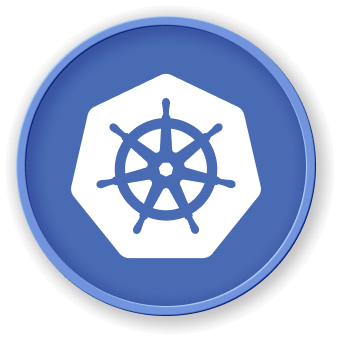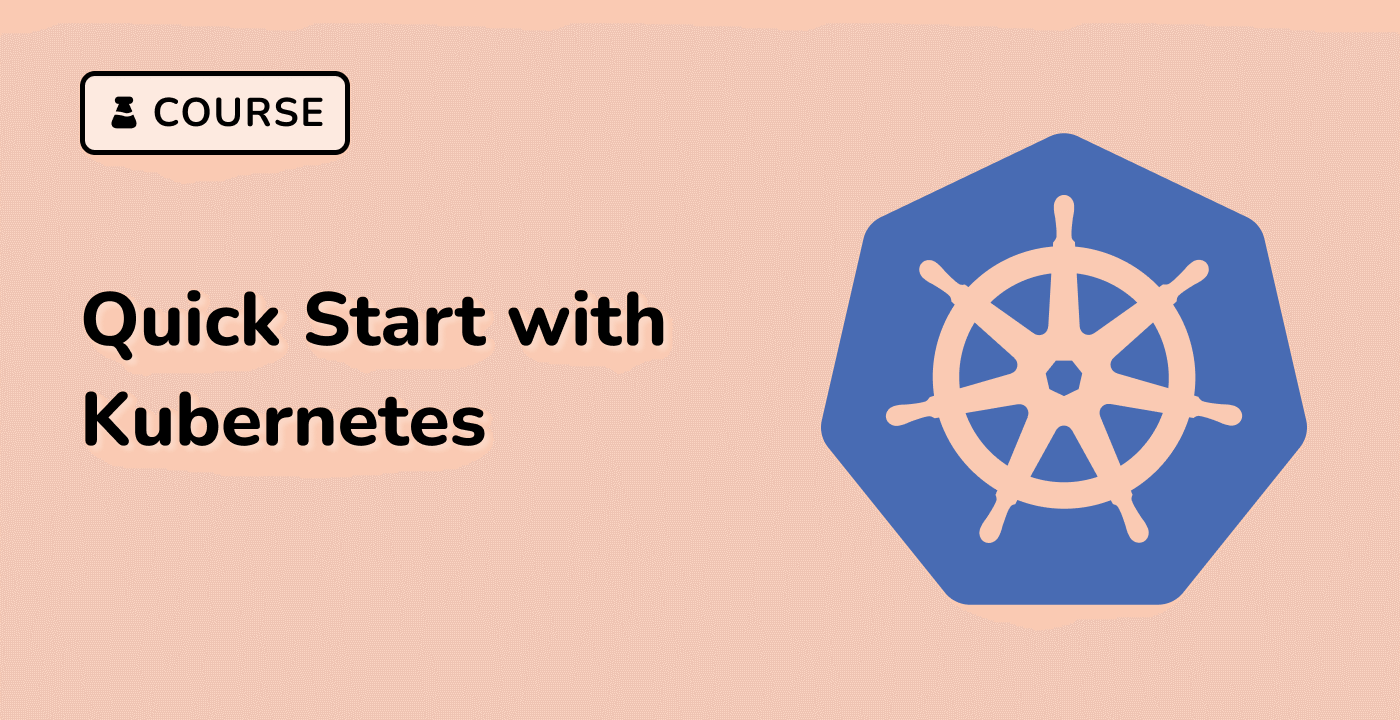Introduction
Understanding how to retrieve the Kubernetes version is crucial for system administrators and developers working with container orchestration. This tutorial provides comprehensive guidance on extracting Kubernetes version information through YAML configurations, offering practical techniques to identify and verify cluster versions across different environments.


